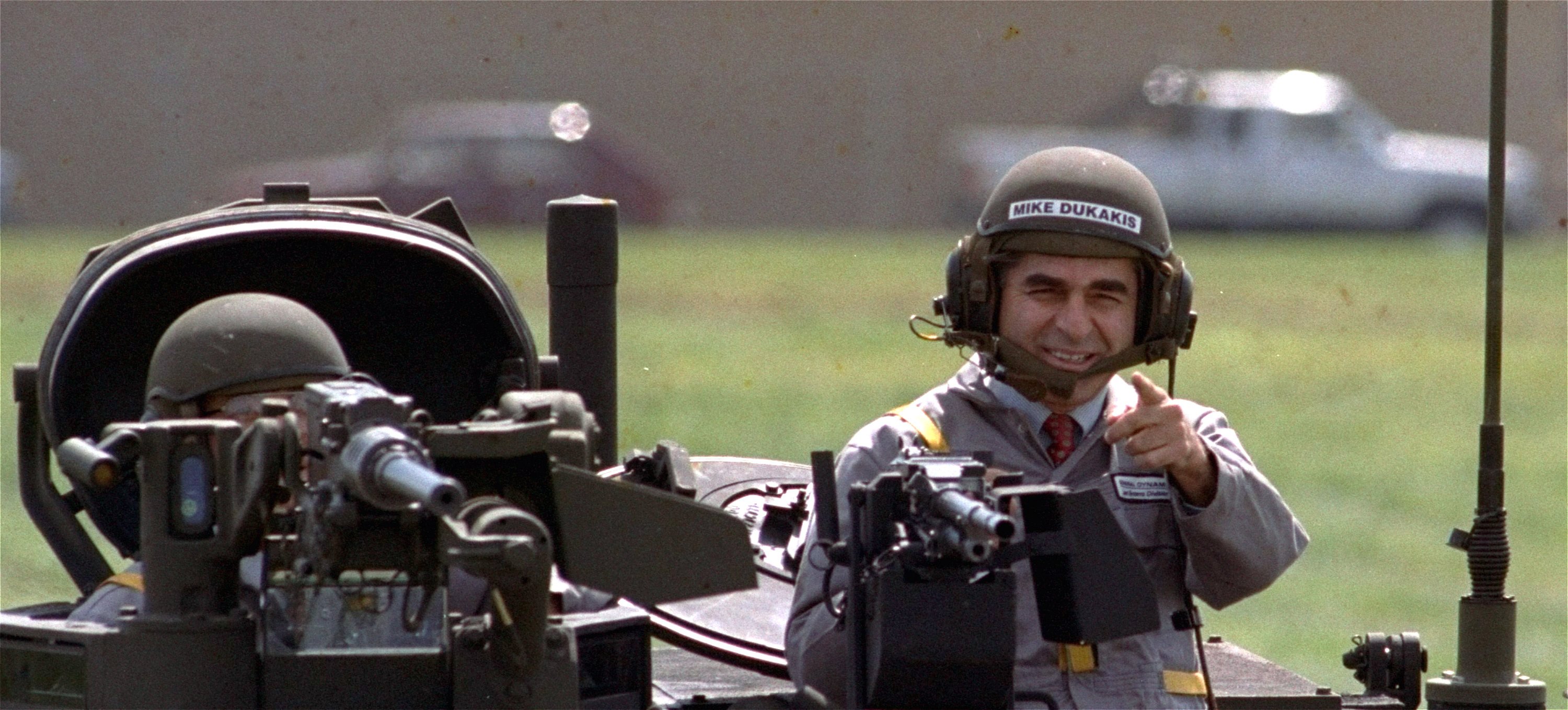The electricity grid operators of the three Baltic countries on Tuesday officially notified Russia and Belarus that they will exit a 2001 agreement that has kept Estonia, Latvia and Lithuania connected to an electricity transmission system controlled by Moscow.
They definitely know what it was like to suffer under Soviet repression, so no surprise here.
https://en.m.wikipedia.org/wiki/The_Shock_Doctrine
Klein argues that neoliberal free market policies (as advocated by the economist Milton Friedman) have risen to prominence in countries and regions such as the United States, the United Kingdom, China, the European Union, and Eastern Europe, because of a deliberate strategy of “shock therapy”. This centers on the exploitation of national crises (disasters or upheavals) to establish controversial and questionable policies, while citizens are too distracted (emotionally and physically) to engage and develop an adequate response and resist effectively. The book advances the idea that several man-made events, such as the Iraq War, were undertaken with the intention of pushing through unpopular free market capitalist policies in their wake.
The Eastern Bloc suffered an enormous drop in living quality following the dissolution of the USSR. Far from reaping a bounty via free market liberty, the people in these countries found themselves the subject of a historic privatization and looting of national treasuries and resources.
Bulgaria is an interesting data point. It’s economy collapsed during the '90, and was rapidly privatized in the '00s after the son of Tsar Boris III of Bulgaria (deposed in 1946) was installed as the state’s Prime Minister.
Corruption under the former aristocrat soared, access to education and housing was stripped away, and the country’s most productive assets were sold off piecemeal to private investors.
By the mid-10s, the country was wracked with the same street protests and riots that brought down the Soviet government. These protests only ended after a far right paramilitary backed government cracked down on public media and launched police raids against the largest dissident groups. The country currently has no functional government, as the PM-ship is passed between minority party stakeholders, crime is rampant, and poverty is endemic.
The Eastern Bloc suffered an enormous drop in living quality following the dissolution of the USSR. Far from reaping a bounty via free market liberty, the people in these countries found themselves the subject of a historic privatization and looting of national treasuries and resources.
This is a black and white perspective. You have to keep in mind that citizens of these countries were significantly worse off as (involuntarily) being part of the USSR than the countries that were not in the Eastern Bloc, and most of them are now significantly better off as part of the EU. Most citizens remember the repression, shortages, and russification all too well.
You have to keep in mind that citizens of these countries were significantly worse off as (involuntarily) being part of the USSR than the countries that were not in the Eastern Bloc
Which citizens? Migrants have been flooding out of the Eastern Bloc for decades.
And what does “voluntary” membership in the EU look like when you’ve got five years of riots that can only be quelled by tanks in the streets?
Are you sure you are on the right server? I think Lemmy.ml is probably more your bubble.





